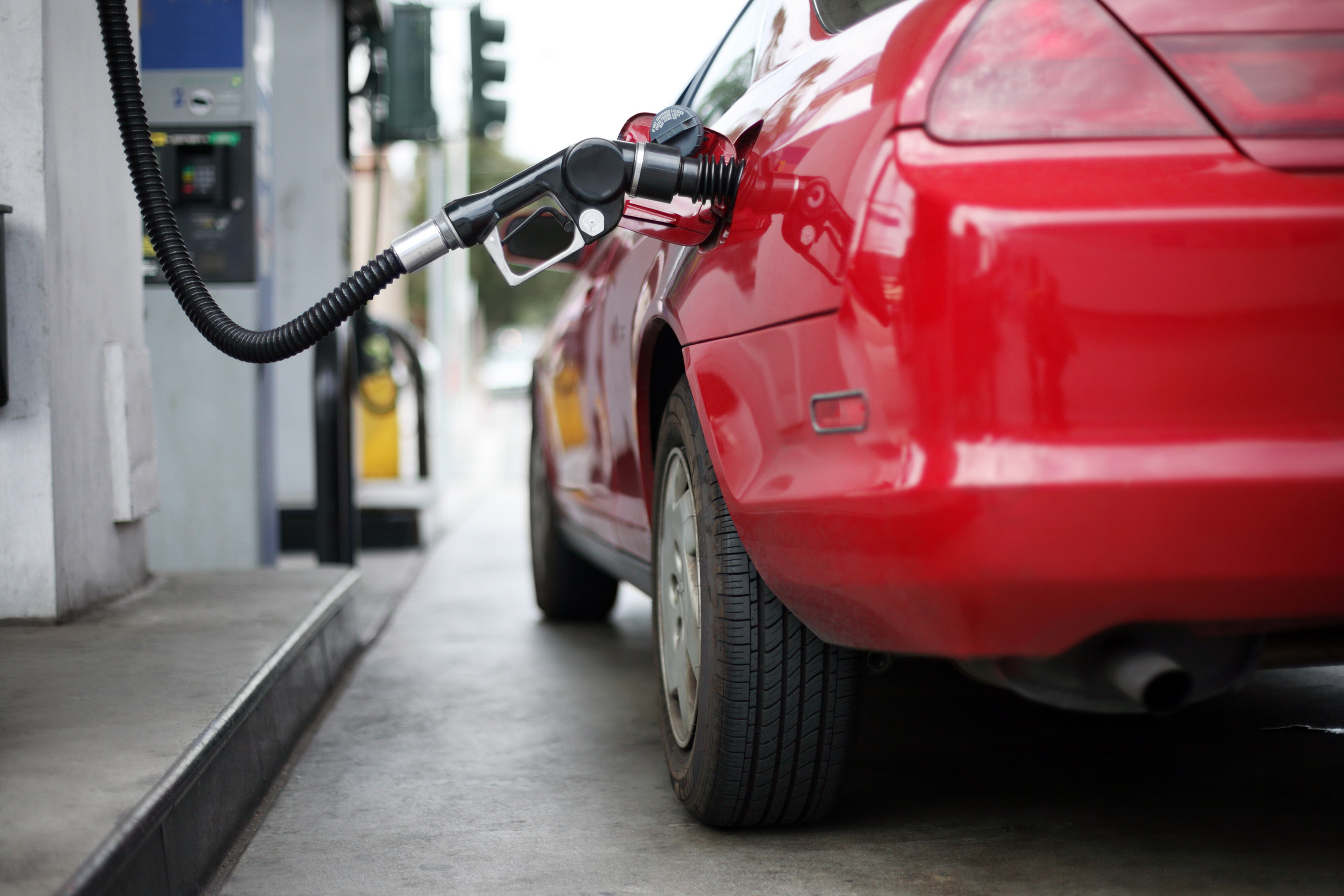Bilking on the rise
The theft of petrol and diesel from garage forecourts has risen dramatically, official data suggests.
In a response to a Freedom of Information request made by the RAC Foundation, the DVLA reveals that in the third quarter (July – September) of 2023, it received 39,563 requests for vehicle keeper data in relation to fuel theft.
This is 77% higher than the 22,335 requests received in the same quarter in 2022.
It is 362% higher than the 8,558 requests the DVLA dealt with in in the same quarter in 2019, before the Covid pandemic.
The majority of these thefts are likely to be related to so-called drive-offs where people fill up their tanks on the forecourt with no intention of paying before they leave.
This practice – also known as ‘bilking’ – is different to ‘no means of payment events’ which include genuine errors where drivers refuel but then realise they can’t pay because, for example, they have forgotten their wallets or purses. In such instances the drivers will tell the forecourt staff and be given time to pay what they owe.
Figures from BOSS – the British Oil Security Syndicate – show the average annual financial loss caused by fuel theft is £10,500 per site.
The maximum penalty for those found guilty of Making Off Without Payment, an offence under the Theft Act 1978, is two years in prison and/or an unlimited fine.
Steve Gooding, director of the RAC Foundation, said:
“Amongst all the recent media attention given to the epidemic of shoplifting it should probably come as no surprise to find that the theft of petrol and diesel from forecourts looks to be a big and growing problem, and these figures might only hint at a much bigger issue.
“While it may be that the cost-of-living crisis is tempting some people to risk driving off without paying, the real headache for fuel suppliers is if this is a sign of more systematic criminal activity.
“The message to anyone tempted to bilk the service station must be ‘don’t fill up if you can’t pay up’ because getting caught is a real possibility, and financial losses to companies ultimately lead to higher prices for us all.”
ENDS
Contact:
Philip Gomm – Head of External Communications – RAC Foundation
[email protected] | 07711 776448
Notes to editors:
The RAC Foundation is a transport policy and research organisation that explores the economic, mobility, safety and environmental issues relating to roads and their users.
The Foundation publishes independent and authoritative research with which it promotes informed debate and advocates policy in the interest of the responsible motorist. All the Foundation’s work is available at: www.racfoundation.org


